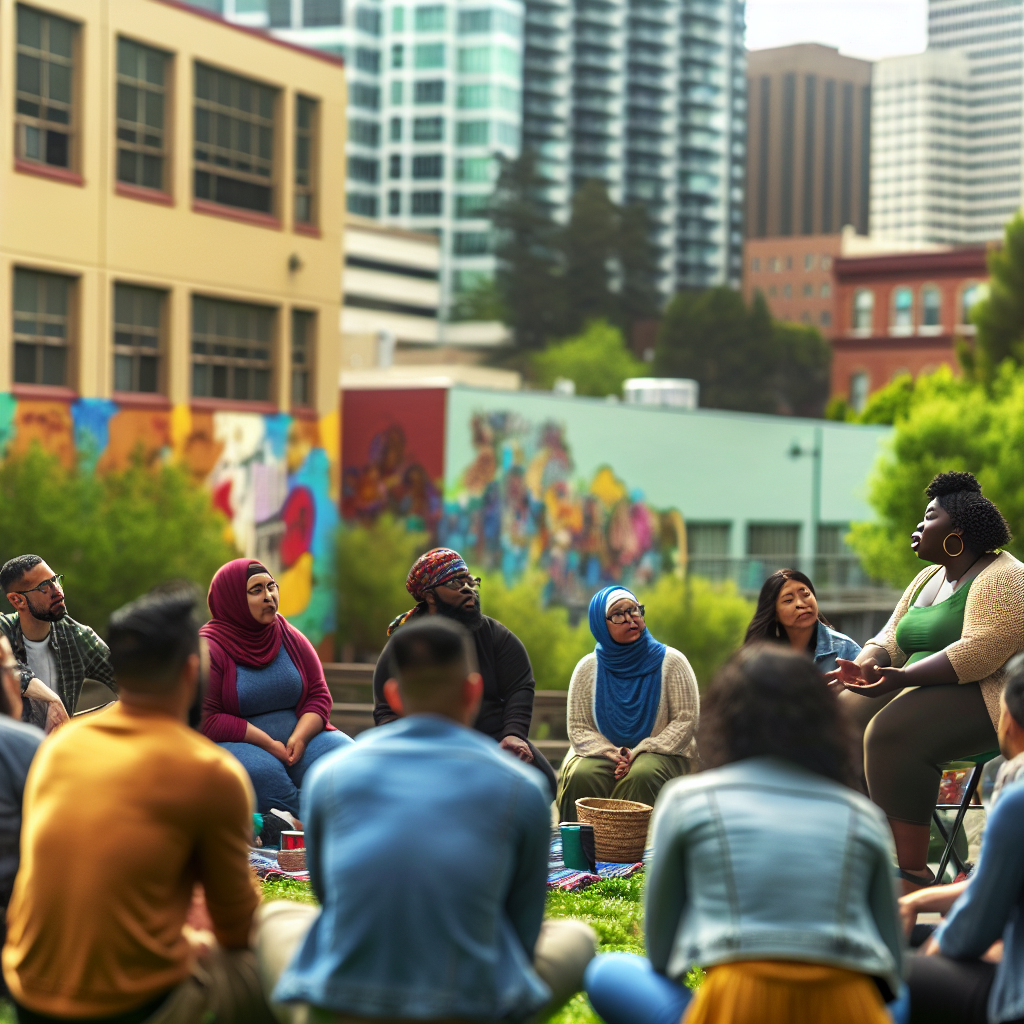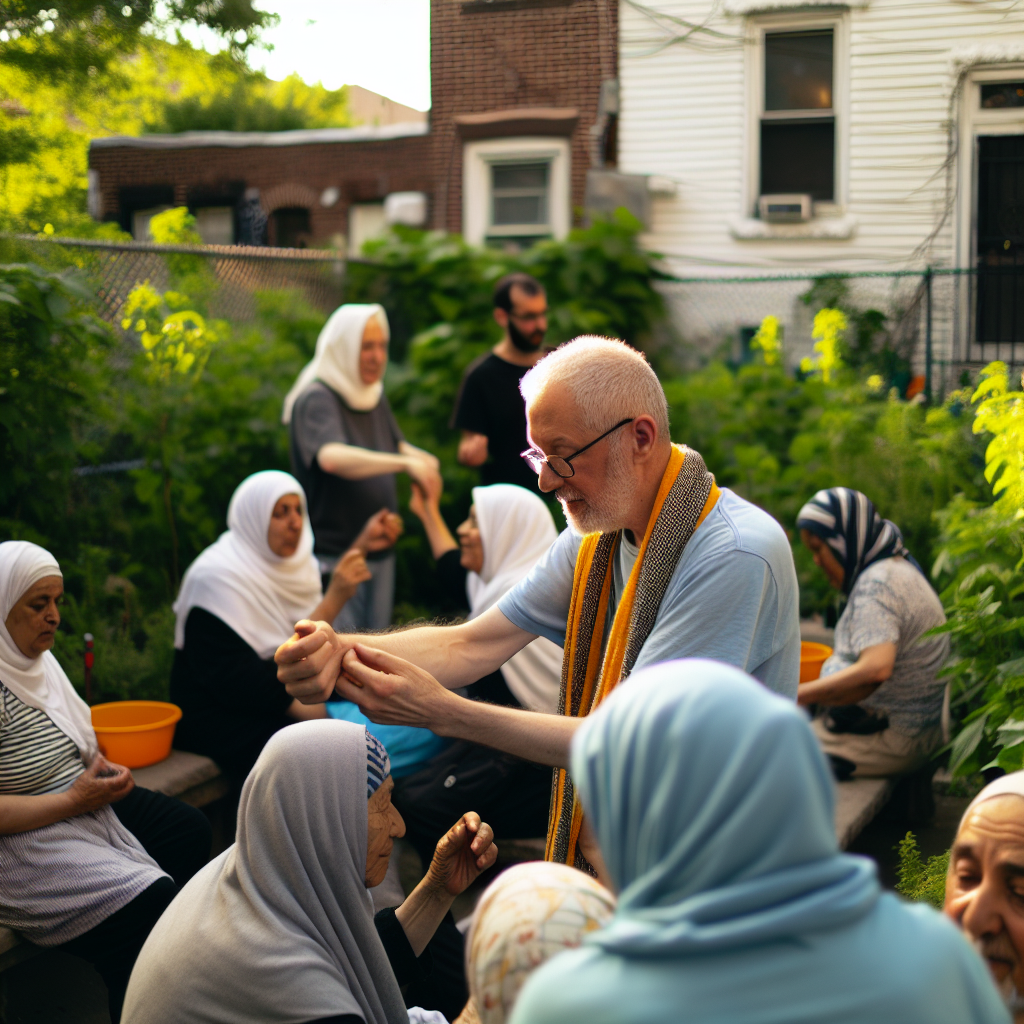In the wake of adversity, the strength and resilience of communities are tested. This article explores the nuanced strategies such as trauma-informed care, disaster recovery support, and hope-centered recovery that communities employ to rebuild mental wellness and a collective sense of safety. (more…)
Category: article
-

Building Resilience: Pathways to Community Healing and Empowerment
This article delves into the robust strategies that foster resilience in communities, particularly in the face of adversity, by integrating concepts such as trauma-informed care, disaster recovery support, and community-based counseling. By understanding key components of mental health equity and collective trauma response, communities can enhance healing-centered engagement to overcome challenges and thrive. (more…)
-

Building Community Resilience Through Inclusive Mental Health Practices
In the face of emergencies, communities across the globe have discovered powerful pathways to recovery by embracing inclusive mental health practices. This article explores how strategies like trauma-informed care and social connectedness serve as pillars of resilience, supporting individuals and communities in navigating through adversity and fostering sustainable healing. (more…)
-

Community Resilience Building for Mental Health Recovery
In challenging times, it is crucial for communities to build resilience and foster mental health recovery. By integrating trauma-informed care, crisis response networks, and local healing initiatives, communities can nurture emotional well-being and equity. This article explores the vital role of disaster recovery support and neighborhood mental wellness programs in promoting a healing-centered engagement. (more…)
-

Nurturing Community Resilience and Mental Health Recovery
As communities worldwide confront increasing adversities, the focus has shifted towards fostering resilience and mental health recovery. By incorporating trauma-informed care and community-based strategies, efforts are being made to nurture emotional well-being and facilitate healing. This article explores how different approaches, rooted in compassion and cooperation, are essential for overcoming collective trauma and achieving sustainable development. (more…)
-

Building Stronger Communities Through Resilience and Equity
In the aftermath of adversities, communities often face the challenge of bouncing back stronger. This article explores community resilience building, focusing on trauma-informed care, mental health equity, and restorative practices that enhance recovery and social connection. (more…)
-

Resilience and Recovery in Community Mental Health
In the face of adversity and crisis, communities worldwide are adopting innovative strategies to foster resilience and facilitate recovery. This article delves into the intricacies of community resilience, trauma-informed care, and the role of mental health equity in supporting post-crisis healing. Key initiatives, theories, and practices are explored to highlight the importance of an integrated, compassionate approach to community wellness. (more…)
-

Building Resilience and Equity in Mental Health Crisis Response
In today’s world, the need for robust community resilience and equitable mental health support is paramount. This article delves into strategies and frameworks that promote resilience and equity in the face of adversity, exploring community-based approaches that integrate trauma-informed care and healing-centered engagement. (more…)
-

Building Resilient Communities Through Shared Healing and Support
Communities worldwide are focusing on resilience and recovery, especially after crises. This article delves into effective strategies such as trauma-informed care, grassroots advocacy, and community-based counseling that foster healing and promote mental wellness. (more…)
-

Building Resilience and Healing in Communities
In an ever-changing world, fostering community resilience and mental health is vital. This article explores effective strategies for building resilience, providing trauma-informed care, and promoting healing-centered engagement to support disaster recovery and mental health equity. (more…)
